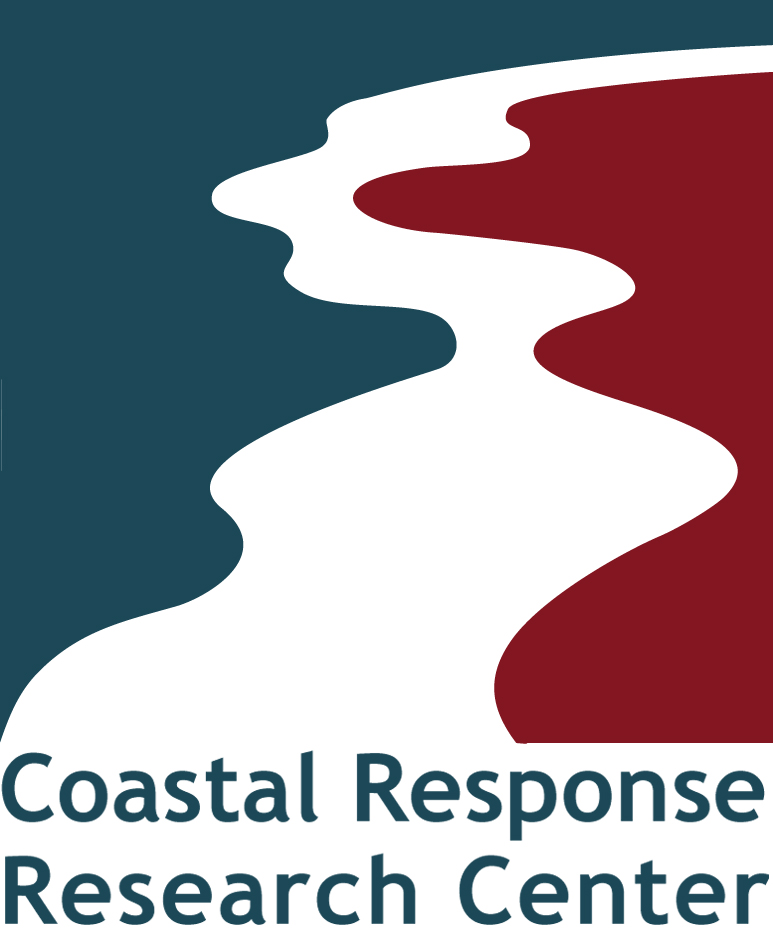Abstract
Following the 2010 DWH Oil Spill a vast amount of environmental data was collected (e.g., 100,000+ environmental samples, 15 million+ publicly available records). The volume of data collected introduced a number of challenges including: data quality assurance, data storage, data integration, and long-term preservation and availability of the data. An effort to tackle these challenges began in June 2014, at a workshop focused on environmental disaster data management (EDDM) with respect to response and subsequent restoration. The previous EDDM collaboration improved communication and collaboration among a range of government, industry and NGO entities involved in disaster management. In June 2017, the first DWH Long-Term Data Management (LTDM) workshop focused on reviewing existing data management systems, opportunities to advance integration of these systems, the availability of data for restoration planning, project implementation and restoration monitoring efforts, and providing a platform for increased communication among the various data GOM entities. The June 2017 workshop resulted in the formation of three working groups: Data Management Standards, Interoperability and Discovery/Searchability. These working groups spent 2018 coordinating and addressing various complex topics related to DWH LTDM. On December 4th and 5th, 2018 the Coastal Response Research Center (CRRC), NOAA Office of Response and Restoration (ORR) and NOAA National Marine Fisheries Service (NFMS) Restoration Center (RC), co-sponsored a workshop entitled Deepwater Horizon Oil Spill (DWH) Long-Term Data Management (LTDM): The Path Forward at the NOAA Gulf of Mexico (GOM) Disaster Response Center (DRC) in Mobile, AL.
Publication Date
3-2019
Publisher
Coastal Response Research Center (CRRC)
Document Type
Workshop Report
Recommended Citation
Coastal Response Research Center, "Coordination of DWH Long-Term Data Management: The Path Forward Workshop Report" (2019). Coastal Response Research Center. 21.
https://scholars.unh.edu/crrc/21

